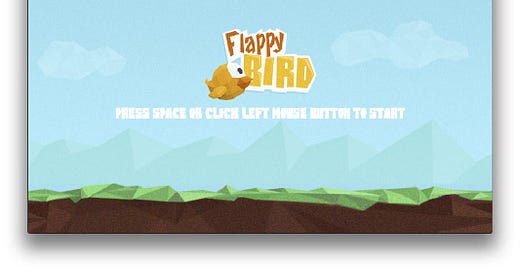The divisive return of Flappy Bird, and the untold, decade-long chase to claim the game's name
Recent discussion about the iconic mobile game's quasi-return has missed some key details.
Last Thursday, a press release about the return of 2014 mobile gaming sensation Flappy Bird offered some possible feel-good news.
A group of fan developers, now assembled as the Flappy Bird Foundation, were reviving the beloved game after obtaining its trademark.
Shortly after that news release went out, a new story emerged, first on social media and then in news articles.
Things maybe weren’t all wonderful. Dong Nguyen, the indie developer who created Flappy Bird and who famously pulled it from mobile phone stores back in 2014—after he said he was worried about its impact on obsessed players—had not sold the game’s trademark to the Flappy Bird Foundation. The trademark had been abandoned. Someone else just snatched it up.
And then, yesterday, after a week of public scrutiny, the Foundation broke its silence and said on social media that, yes, they bought the trademark after it was abandoned.
But none of the above is the full story.
To get closer to what really happened, I’ve reviewed scores of publicly available documents.
What I’ve found may not change anyone’s impressions of the parties involved, but it’ll reveal what has actually been a decade-long drama over the rights to calling a video game Flappy Bird.
Keep reading with a 7-day free trial
Subscribe to Game File to keep reading this post and get 7 days of free access to the full post archives.





